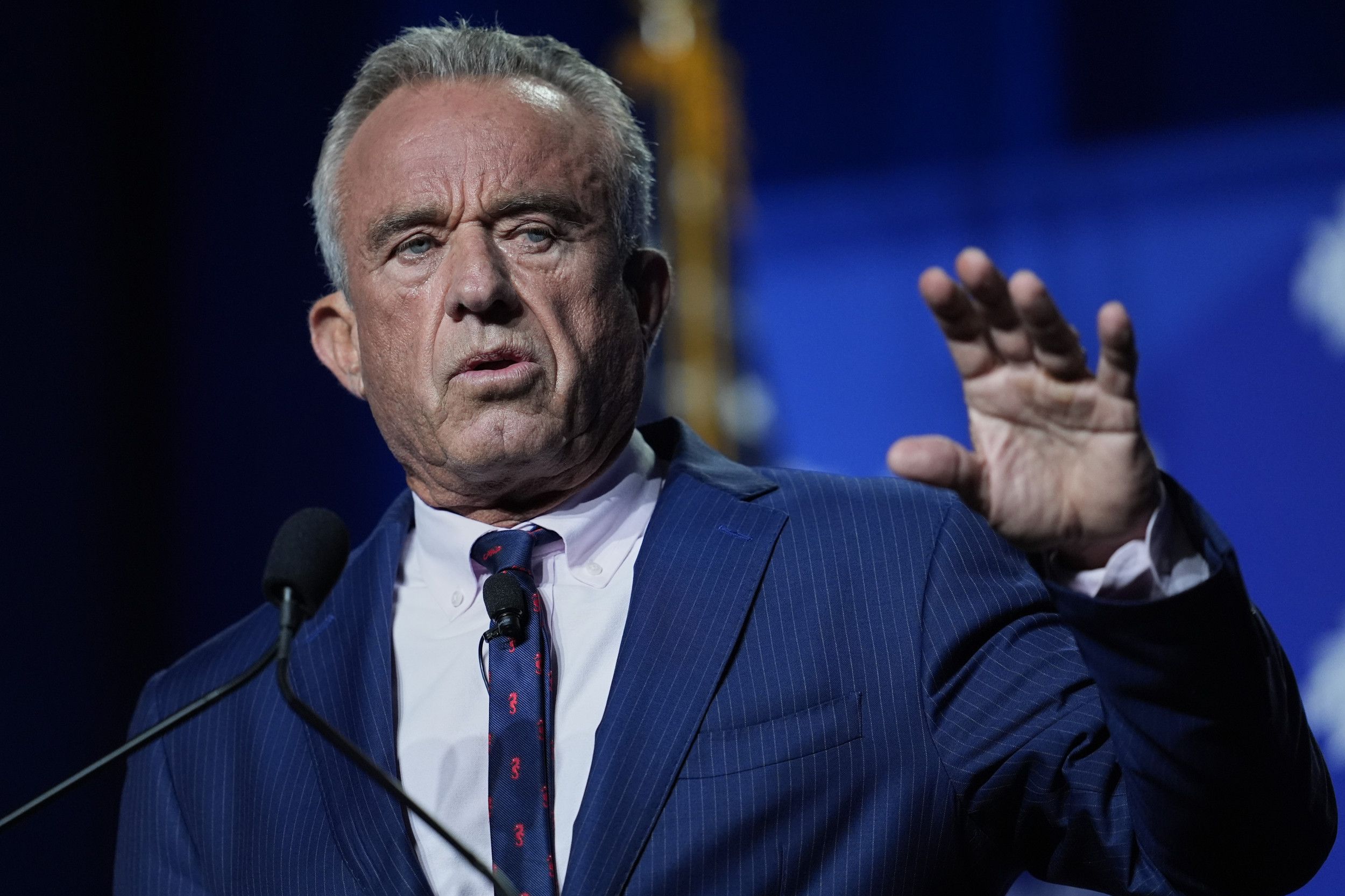🎙️ Voice is AI-generated. Inconsistencies may occur.
Newsweek has created a map showing which states have the highest autism rates, after Health Secretary Robert F. Kennedy Jr. said there is an autism "epidemic" in the U.S.
Some 2.21 percent of Americans aged 18 to 84 are living with autism with rates, according to a 2020 study published in the Journal of Autism and Developmental Disorders.
Massachusetts, Connecticut and Virginia have the highest estimated rates of adults living with autism, according to the data.
Why It Matters
The health secretary pledged to initiate new research into potential environmental causes of autism after a Centers for Disease Control and Prevention report revealed the prevalence of autism among U.S. children had risen to one in 31 in 2022, up from one in 36 in 2020.
Kennedy Jr. has said the rising number of autism diagnoses in the U.S. is being driven by environmental causes rather than genetics.
Many autism researchers and advocacy groups dispute the framing of autism as an epidemic, arguing that increased prevalence rates reflect expanded diagnostic criteria, greater awareness and improved access to evaluations—especially among groups historically underdiagnosed.
What To Know
The 2020 study, using 2017 data published by the National Center for Health Statistics, estimated that adult autism prevalence was highest in Massachusetts, which had a rate of 2.42 percent.
Virginia followed closely with 2.41 percent. Connecticut (2.37 percent), California (2.36 percent) and Minnesota (2.35 percent) rounded out the top five.
California, as the most populous state, had the highest number of adults estimated to be on the autism spectrum, with 701,669 cases. Texas (449,631), New York (342,280), Florida (329,131) and Pennsylvania (228,572) followed with similarly large case counts.
At the other end of the scale, Louisiana reported the lowest adult autism prevalence at 1.97 percent, followed by South Carolina (1.98 percent), New Mexico (2 percent), North Carolina (2 percent) and South Dakota (2.02 percent).
According to the researchers, "there is no evidence that the prevalence of autism should vary by geographic location; however, there is evidence that greater availability of screening and diagnostic services will increase the number of persons diagnosed with autism."
What people Are Saying
Health Secretary Robert F. Kennedy Jr. told reporters on Wednesday that "the relentless increase" in autism is not a result of heightened diagnoses or awareness, stressing that the rates are "real" and that "this epidemic denial has become a feature in the mainstream media." He later said that a "small sliver" of increased rates is related to increased recognition and diagnosis.
Kennedy Jr. said in an April 15 press release: "The autism epidemic has now reached a scale unprecedented in human history because it affects the young. The risks and costs of this crisis are a thousand times more threatening to our country than COVID-19. Autism is preventable and it is unforgivable that we have not yet identified the underlying causes. We should have had these answers 20 years ago."
The Autism Society, in a statement this month: "The rise in prevalence—from one in 36 in 2020 to 1 in 31 in 2022—may reflect several factors including greater awareness, improved screening and diagnostics—especially in communities that were previously underrepresented through advocacy efforts to better support the autism community. Increased awareness of autism plays a pivotal role in educating individuals, parents, educators and health care providers to better identify autistic traits and characteristics."
What Happens Next
Kennedy Jr. has said the Department of Health and Human Services will launch an intensive investigation into the rise in autism diagnoses, with a particular focus on identifying potential environmental causes. He has indicated the agency will share its findings by September.
fairness meter
About the writer
Jordan King is a Newsweek reporter based in London, U.K. Her current focus is on religion, health, food safety and ... Read more




